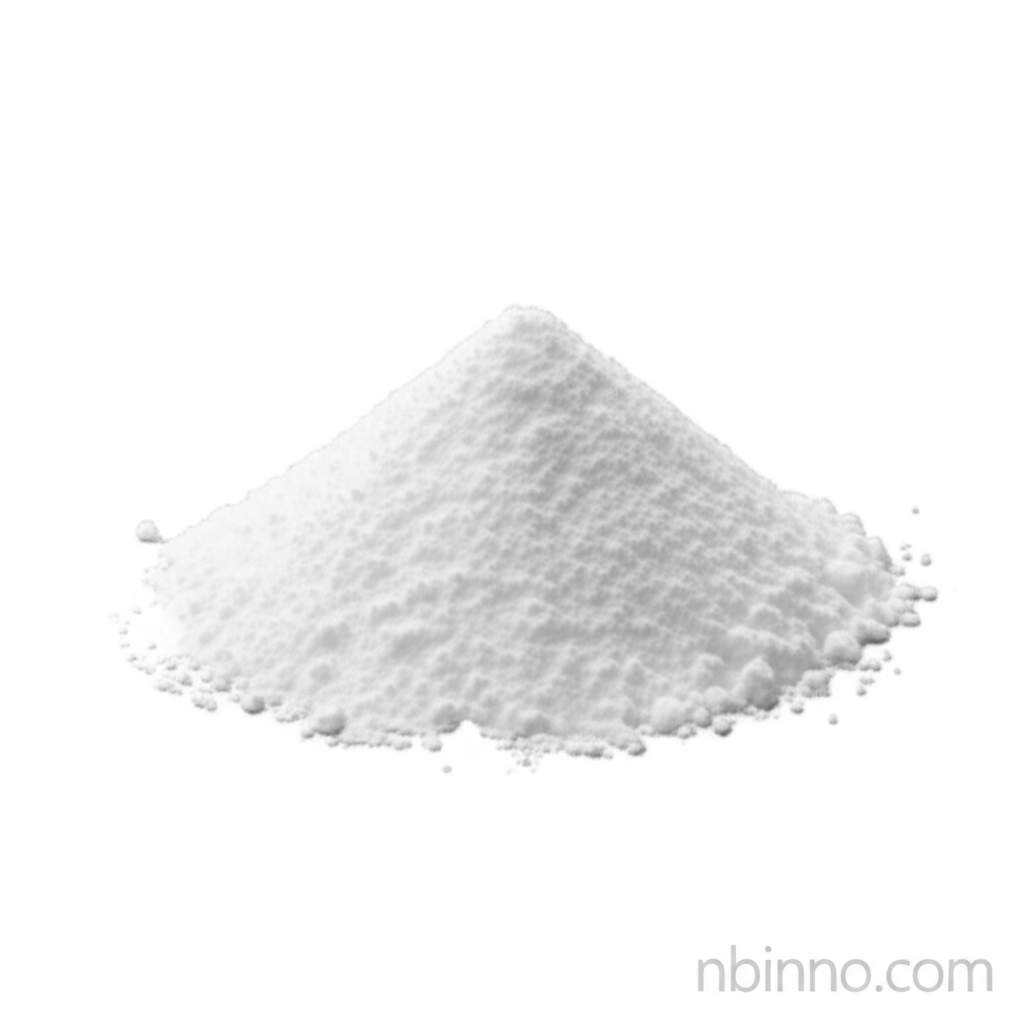L-Serine CAS 56-45-1: A Cornerstone Amino Acid for Health
Discover the vital role of L-Serine in metabolism, immunity, and cellular integrity.
Get a Quote & SampleProduct Core Value

L-Serine
L-Serine, also known as beta-hydroxyalanine, is a non-essential amino acid that significantly contributes to the metabolism of fats and fatty acids, essential for muscle growth. It also plays a key role in bolstering the immune system by aiding in the production of immune hemoglobin and antibodies.
- Explore the benefits of L-Serine for muscles, understanding its impact on recovery and strength.
- Learn how L-Serine supports the immune system, contributing to overall health and disease resistance.
- Understand the importance of L-Serine in cell membrane production and the maintenance of healthy nerve sheaths.
- Investigate the pathways of non-essential amino acid production within the human body, including L-Serine synthesis from glycine.
Key Advantages
Metabolic Support
L-Serine promotes the metabolism of fats and fatty acids, which is critical for energy utilization and maintaining a healthy body composition, aiding in lean muscle mass development.
Immune Enhancement
This essential amino acid actively contributes to the production of immune hemoglobin and antibodies, fortifying your body's natural defenses.
Cellular Function
L-Serine is indispensable for the synthesis and processing of cell membranes, ensuring cellular integrity and optimal function throughout the body.
Key Applications
Pharmaceutical Intermediates
As a vital pharmaceutical intermediate, L-Serine is integral to the synthesis of various drugs and therapeutic compounds, supporting drug development and manufacturing.
Nutritional Supplements
L-Serine is widely used in nutritional supplements to support muscle growth, improve cognitive function, and enhance immune health, capitalizing on its s-2-amino-3-hydroxypropanoicacid benefits.
Dietary Ingredient
Incorporated into food products, L-Serine serves as a nutritional fortifier, contributing to a balanced diet and supporting overall bodily functions, making it a key amino acid for muscle growth.
Biochemical Research
In biochemical research, L-Serine is studied for its roles in protein biosynthesis and metabolic pathways, furthering our understanding of human physiology and disease.
